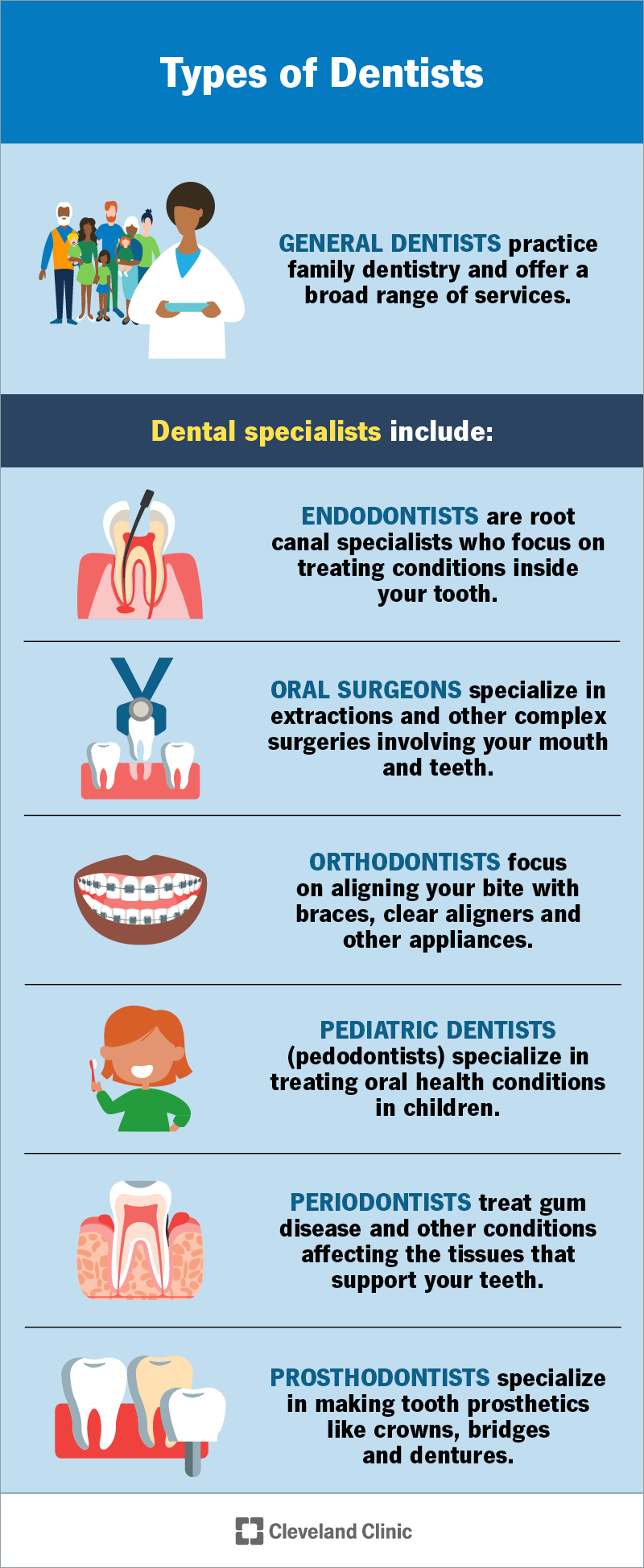Usual Questions About Dental Veneers Answered
Oral veneers have actually become an increasingly desired option for those looking to improve their smiles, yet many people remain unclear regarding various aspects of their usage. As we check out these common questions, it becomes important to consider not just the benefits however additionally the effects of opting for dental veneers in search of an extra positive appearance.
What Are Oral Veneers?
Oral veneers are thin, personalized coverings crafted from porcelain or composite resin that are created to cover the front surface of teeth. These oral prosthetics serve both visual and useful purposes, supplying an option for numerous dental imperfections, consisting of discoloration, chips, spaces, and misalignment. By sticking to the teeth, veneers can dramatically improve the overall appearance of a smile, producing a more eye-catching and consistent look.
Porcelain veneers are particularly preferred for their all-natural clarity and discolor resistance, making them an excellent selection for people looking for long-lasting results. On the other hand, composite material veneers are typically more economical and can be applied in a single see, but they may not supply the same sturdiness as porcelain options.
The choice to select oral veneers usually originates from a wish for aesthetic renovation, however people must also take into consideration variables such as the durability of the material, upkeep requirements, and the prospective demand for tooth reduction (Low Cost Veneers). Inevitably, oral veneers stand for a flexible and effective option for accomplishing a glowing smile, catering to private cosmetic demands while advertising confidence and self-worth
How Are Veneers Applied?
The application process for veneers requires careful planning and precision to make sure ideal outcomes. The procedure normally starts with a detailed assessment, where the dental professional examines the person's dental health, reviews preferred results, and figures out the suitable kind of veneers, whether porcelain or composite material.
When the treatment strategy is developed, the dentist prepares the teeth by eliminating a thin layer of enamel, typically regarding 0.5 mm to 1 mm, to accommodate the veneer. This step is vital as it ensures a correct fit and stops the veneers from showing up cumbersome - Porcelain Veneers Washington DC. After prep work, impressions of the teeth are required to develop custom veneers that match the individual's unique dental framework and aesthetic choices
While the permanent veneers are being produced in an oral laboratory, momentary veneers might be put to safeguard the prepared teeth. Once the permanent veneers are all set, the dental expert will carefully bond them to the teeth using a solid oral adhesive.
What Are the Advantages?

Furthermore, veneers are understood for their durability and resistance to staining compared to all-natural teeth. Made from high-quality materials such as porcelain or composite resin, they can maintain their appearance for many years with appropriate treatment. This long life makes them a sensible financial investment in one's oral look.
In enhancement to aesthetic enhancements, veneers can likewise add to improved dental health and wellness. By covering damaged or weakened teeth, they can offer extra assistance and security, helping to stop more decay or deterioration. This safety element can decrease the demand for extra extensive oral treatments in the future.

How Lengthy Do They Last?
With proper treatment and upkeep, oral veneers can last anywhere from 10 to 15 years, making them a lasting solution for improving one's smile. The longevity of veneers mainly depends on the product utilized, the quality of the first positioning, and the person's adherence to dental hygiene methods.
Porcelain veneers are recognized for their durability and resistance to discoloration, normally lasting closer to the 15-year mark when cared for properly. Composite veneers, while more cost effective, might require substitute sooner, often within 5 to one decade because of their susceptibility to use and staining.

In addition, wearing a mouthguard throughout sporting activities or nighttime can provide additional defense. Inevitably, while veneers use a considerable visual improvement, their long life is dramatically influenced by the commitment to correct oral treatment and routine assessments with an oral specialist.
Exist Any Threats?
Considering the transformative results of dental veneers, it is necessary to recognize the possible threats connected with their application. While veneers can boost the appearance of teeth, the treatment entails the removal of a slim layer of enamel, which can boost tooth level of sensitivity and vulnerability to decay.
One significant risk is the possibility of incorrect positioning or about his fitting, causing pain, bite imbalance, or even damage to the underlying tooth framework. Furthermore, if the veneers are not preserved correctly, they can end up being blemished or cracked over time, requiring replacement.
Patients might also experience allergies to the products used in the veneers, especially if they have level of sensitivities to specific oral composites. While veneers are image source long lasting, they are not undestroyable; excessive force from grinding or clinching can lead to fractures.
It is essential for people to speak with a qualified oral expert to assess their individual threats and to follow aftercare guidelines faithfully. By understanding these risks, patients can make informed decisions regarding their dental veneer therapy and guarantee the longevity and success of their improvements.
Conclusion
In recap, dental veneers stand for an important cosmetic option for enhancing smiles, with considerations regarding their application, benefits, longevity, and connected dangers. Their effectiveness is influenced by variables such as the option of product, with porcelain offering superior sturdiness compared to composite options. Appropriate care and upkeep are vital to make the most of the life-span of veneers. Ultimately, informed decision-making relating to dental veneers can bring about acceptable visual end results and boosted dental health.
Oral veneers are thin, tailor-made shells crafted from porcelain or composite resin that are created to cover the front surface of teeth. After prep work, impacts of the teeth are taken to produce customized veneers that match the individual's special dental framework and aesthetic choices.
While the permanent veneers are being produced in a dental research laboratory, short-lived veneers may be positioned to shield the ready teeth. Once the irreversible veneers are all set, the dental practitioner will carefully bond them to the teeth utilizing a strong dental adhesive. Inevitably, notified decision-making concerning dental veneers can lead to satisfactory aesthetic visit this site results and enhanced dental wellness.